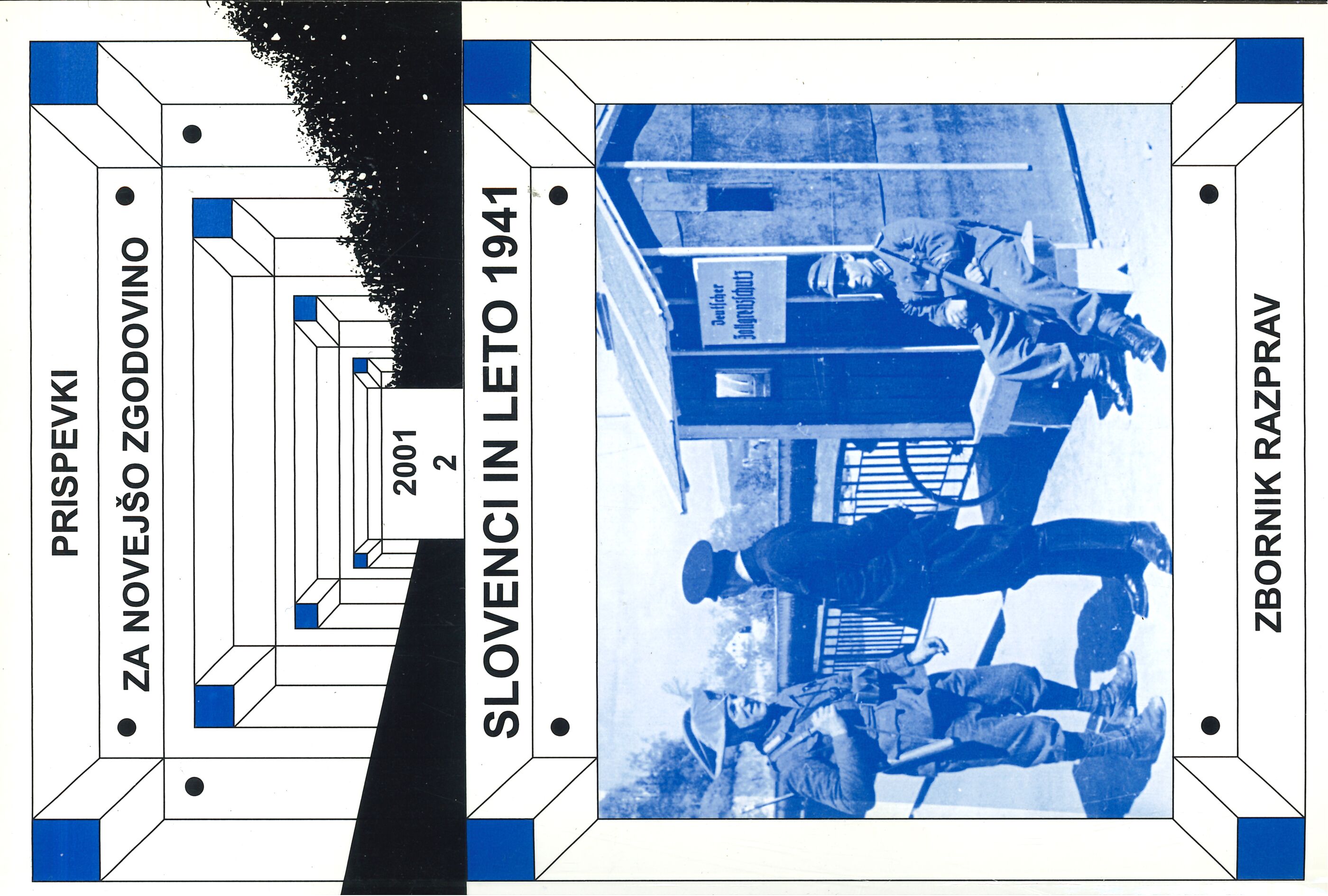The Relationship between the Slovenes and the German Minority in Slovenia in the Dynamics of the Year of Occupation 1941
Keywords:
Slovenia, German minority, Second World War, National Socialism, occupationAbstract
In the synoptic paper, the author deals with the demographic, political and economic situation of the German minority in Slovenia in the period between the two world wars. He concludes that while this period has been historiographically well studied, there are certain differences in the interpretations. The attempts by the Slovene and Yugoslav authorities to limit the political and economic power of the German minority were rather unsuccessful. The German minority, which had been largely nazified in 1930s, participated in the occupation and the assimilation of the Slovenes during the Second World War. After the war, most of its members either escaped or were deported from Slovenia. With their inability to coexist on the same territory both nations undoubtedly failed from the civilization aspect, as did, unfortunately, many other countries in Europe. Nevertheless, it should never be forgotten - in spite of the changed circumstances in Europe, or precisely because of them - what was the cause and what the consequences of this tragic international conflict with deep historic roots. What is relevant today is not the clarification of the historical facts about the German minority, but the current political issue concerning its property, the re-establishment of the German (or the so-called 'old Austrian') minority and, in this context, the Austro-Slovene relations.
Downloads
Published
Issue
Section
License
Authors who publish with this journal agree to the following terms:
- Authors retain copyright and grant the journal right of first publication with the work simultaneously licensed under a Creative Commons Attribution License that allows others to share the work with an acknowledgement of the work's authorship and initial publication in this journal.
- Authors are able to enter into separate, additional contractual arrangements for the non-exclusive distribution of the journal's published version of the work (e.g., post it to an institutional repository or publish it in a book), with an acknowledgement of its initial publication in this journal.
- Authors are permitted and encouraged to post their work online (e.g., in institutional repositories or on their website) prior to and during the submission process, as it can lead to productive exchanges, as well as earlier and greater citation of published work (See The Effect of Open Access).


